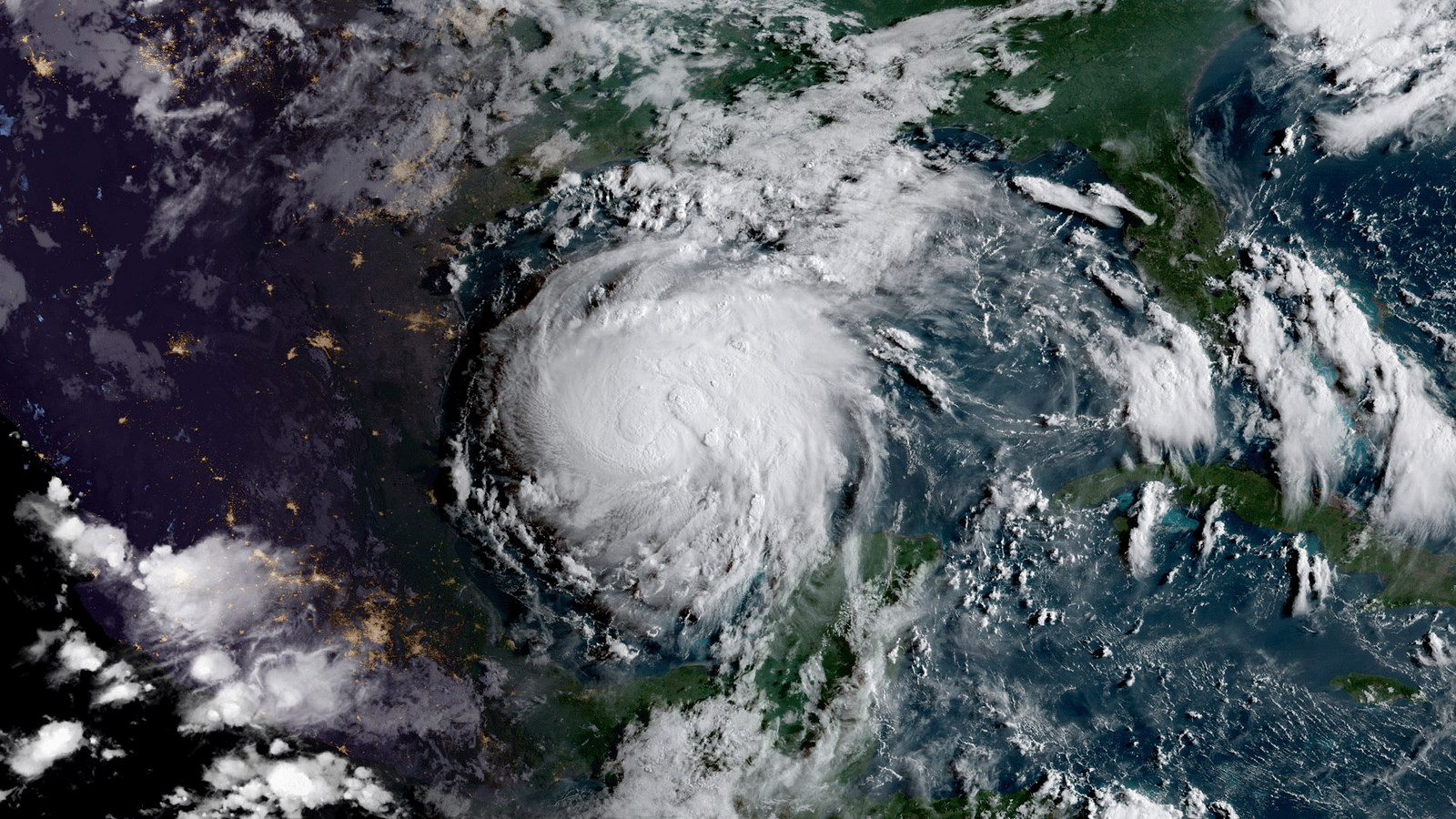Economy Watch: Consumers Unnerved by Recent Storms
Consumers responding to the University of Michigan's latest survey expressed concerns that Hurricane Harvey and Hurricane Irma would negatively impact the overall economy, leading to a drop in the Sentiment Index in August.
By D.C. Stribling, Contributing Editor
U.S. consumers are a little more nervous now than they were only a month ago, according to the latest University of Michigan report on consumer sentiment. How good consumers feel about the state of the economy—now and in the future—has a definite effect on the direction of retail spending, among other aspects of the economy.
The university’s Index of Consumer Sentiment came in at 95.3 in mid-September, down from 96.8 at the end of August. The drop was unexpected. Compared with a year ago, however, the index isn’t doing too badly: it was 91.2 in September 2016, when the uncertainty of the election was probably weighing sentiment down.
Future economic concerns
Consumer sentiment edged downward due to concerns over the outlook for the national economy, according to the university. On the other hand, consumers’ assessments of current economic conditions improved, with the Current Conditions Index reaching the highest level since November 2000.
“The two hurricanes had a greater impact on expected economic conditions,” wrote Surveys of Consumers Chief Economist Richard Curtin. “Across all interviews in early September, 9 percent (of respondents) spontaneously mentioned concerns that Harvey, Irma, or both, would have a negative impact on the overall economy.”
Among those who mentioned the hurricanes, the Sentiment Index was 80.2, while among those who did not mention either hurricane, the Sentiment Index remained unchanged from last month at 96.8. Also, Curtin pointed out that renewed gains in incomes, as well as rising home and equity values, have acted to counterbalance the negative impacts of the hurricanes.








You must be logged in to post a comment.